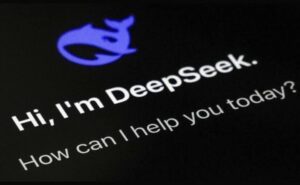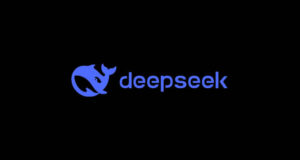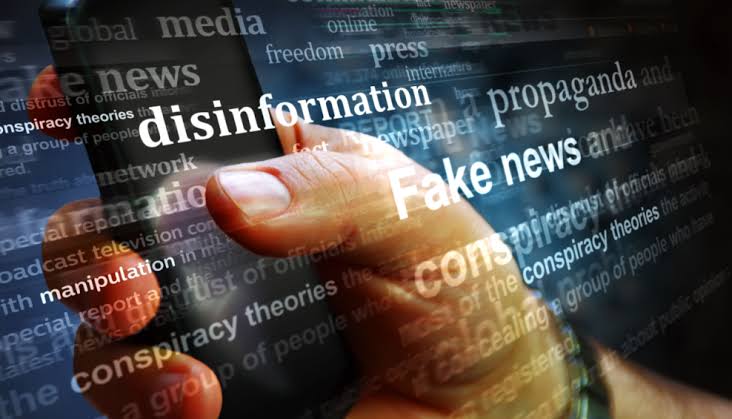Information, in a world like this, travels faster than ever before. With just a few clicks, we can access news from around the world, connect with others, and share our thoughts. However, this convenience also comes with a significant downside: the spread of disinformation and misinformation. While these two terms are often used interchangeably, they represent different challenges in our quest for truth.
Disinformation: Deliberate Deception
Disinformation is the intentional spread of false information with the purpose of deceiving others. This type of content is often created to manipulate public opinion, influence political decisions, or damage the reputation of individuals, organizations, or even entire countries. The people behind disinformation are fully aware that the information they are spreading is false, but they persist because of the potential impact it can have.
A common example of disinformation is the use of fake news articles during elections. These articles are often designed to look like legitimate news stories but are filled with lies or distorted facts. The goal is to mislead voters, causing them to make decisions based on falsehoods. Social media platforms, with their vast reach and ease of sharing, have become prime targets for spreading disinformation. The rapid spread of these false stories can create confusion, sow distrust, and even incite conflict.
Misinformation: Unintentional Spread of False Information
Misinformation, on the other hand, refers to the spread of false or misleading information without the intent to deceive. This can happen when people share information they believe to be true but is actually incorrect. Unlike disinformation, those who spread misinformation are not trying to manipulate or deceive others; they are simply passing along what they think is accurate.
An example of misinformation could be the sharing of an old news article that is no longer relevant but is passed off as current news. This can happen easily, especially when information is shared quickly and without verification. Misinformation can also spread through word of mouth, where someone may share a rumor or misunderstood fact, unintentionally contributing to the spread of false information.
The Consequences of Disinformation and Misinformation
Both disinformation and misinformation can have serious consequences. They can distort public understanding of important issues, erode trust in institutions, and lead to poor decision-making. In some cases, the spread of false information can even put lives at risk, such as when misinformation about health treatments or vaccines spreads during a pandemic.
The challenge of combating disinformation and misinformation is complicated by the sheer volume of information we are exposed to daily. With so much content being shared, it can be difficult to distinguish between what is true and what is false. This is why media literacy—understanding how to critically evaluate the information we consume—is more important than ever.
How to Protect Yourself
To protect yourself from disinformation and misinformation, it’s essential to be a critical thinker. Before sharing information, take the time to verify its source. Reliable news outlets, fact-checking websites, and official statements from reputable organizations are good places to start. Be wary of sensational headlines, especially those that seem designed to provoke an emotional response. Remember that not everything you see on social media is true, and it’s okay to question the information before passing it along.
Disinformation and misinformation are significant challenges in our modern world. While disinformation is deliberately deceptive, misinformation is often spread unintentionally. Both can have harmful effects on society, making it crucial for everyone to be vigilant about the information they consume and share. By fostering a culture of critical thinking and responsible sharing, we can help reduce the spread of false information and build a more informed and resilient society.











